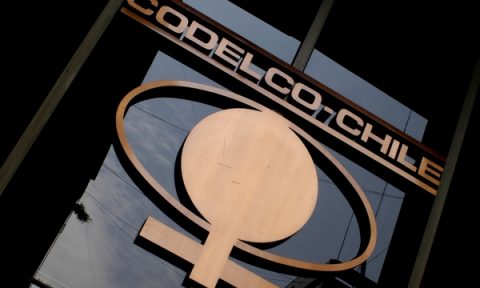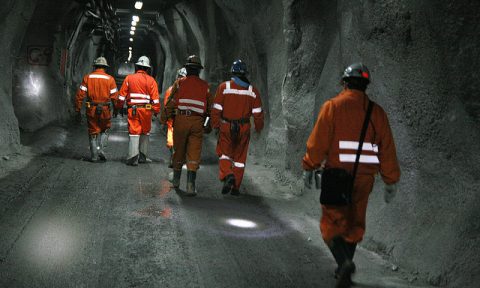Japanese Kowa Group will play a key role in the onset of Potash for SQM control
With the breakdown of potassium cartel a room was opened for the Canadian corporation has the majority of shares
Almost thirteen years since Canada’s Potash Corp. of Saskatchewan (PCS), entered the property of SQM, and almost the same amount of years that the company has had to become the driver of the same target.
However, for the first time in all this time the company has a chance to achieve it on the horizon. This because the fall they have lived the actions of the local non-metallic mining since the end poster potassium, along with the possible impact that research might have carried out the Superintendency of Securities and Insurance (SVS), parallel to which leads Crimes Unit of the Attorney High Complexity Centro Norte, PCS have made again state its controlling interest in SQM.
And in this scenario is taking a lead role although a group that has only about 2.08% of the papers will have plenty to say against the intentions of the Canadian Corporation.
Thus, the Japanese Kowa holding, which maintains a compact “joint action” with a series of societies controlled by Julio Ponce should convert if Potash decide to achieve their aspirations, in one of the first hurdles to overcome.
Why is it so important? While Pampa Group is 31.97% owner of the SQM’s shares, and PCS controls 32% of them, adding the participation of Kowa, Ponce remains as indirect controller of the company.
This very fact shows one of the differences between the two international giants: while (Kowa) is looking for shareholding linking it to related to their core business (trade, manufacturing, medical equipment, etc.), the other (PCS) has a habit of controlling companies in which it put its flag. –
The attractiveness of SQM
Although rates before breaking poster may recover in at least four years and no capital gains from Oro Blanco and Norte Grande, the financial situation of the companies part of the cascade became complicated, PCS is still interested in controlling SQM.
The reason is simple: when viewed against other companies in the industry, the Chilean keeps costs significantly lower than their comparable transactions. In fact, it is estimated that the fertilizer market multiples of EBITDA for 2013 exceeded the projected industry average amounting to x7. In fact, the same CEO of PCS, Bill Doyle said in a conference call last week that “part of our strategy is to be the least costly provider in all major agricultural markets in the world and, of course, if they are locations of these operations in particular, there are significant savings”.
That would be the main argument that the Canadian Corporation has to look carefully how they operate and finance the shares of Sociedad Quimica y Minera to wait for the right time to keep the control that currently has indirectly traded Julio Ponce, which thanks to an agreement for joint action with the Japanese Kowa has the majority of votes in the company.
And even though last year was presented the best opportunity in terms of the market for PCS back to try to get to Ponce as a controller, because his action came to be traded for just under $ 13,700 after the fall of the “poster potassium “, the fact is that there are still possible reasons for the Chilean businessman is open to give greater interference to Potash.
Among them, the fact that even though the price of potash has recovered since the end of the lineup in mid-2013 was announced, the shares are still far from the $ 18,940 in which the securities were trading.-
To this it is added the report by economist Erik Haindl, which showed among its findings the need for capital increases of Norte Grande and White Gold as soon as possible. However, these operations, which represent increases of $ 92 million and $ 120 million, respectively, have not yet been registered by the SVS. Thus, if the report by Haindl was correct, the situation of the so called cascade companies would be unsustainable in the medium term.
Source: Diario Financiero












